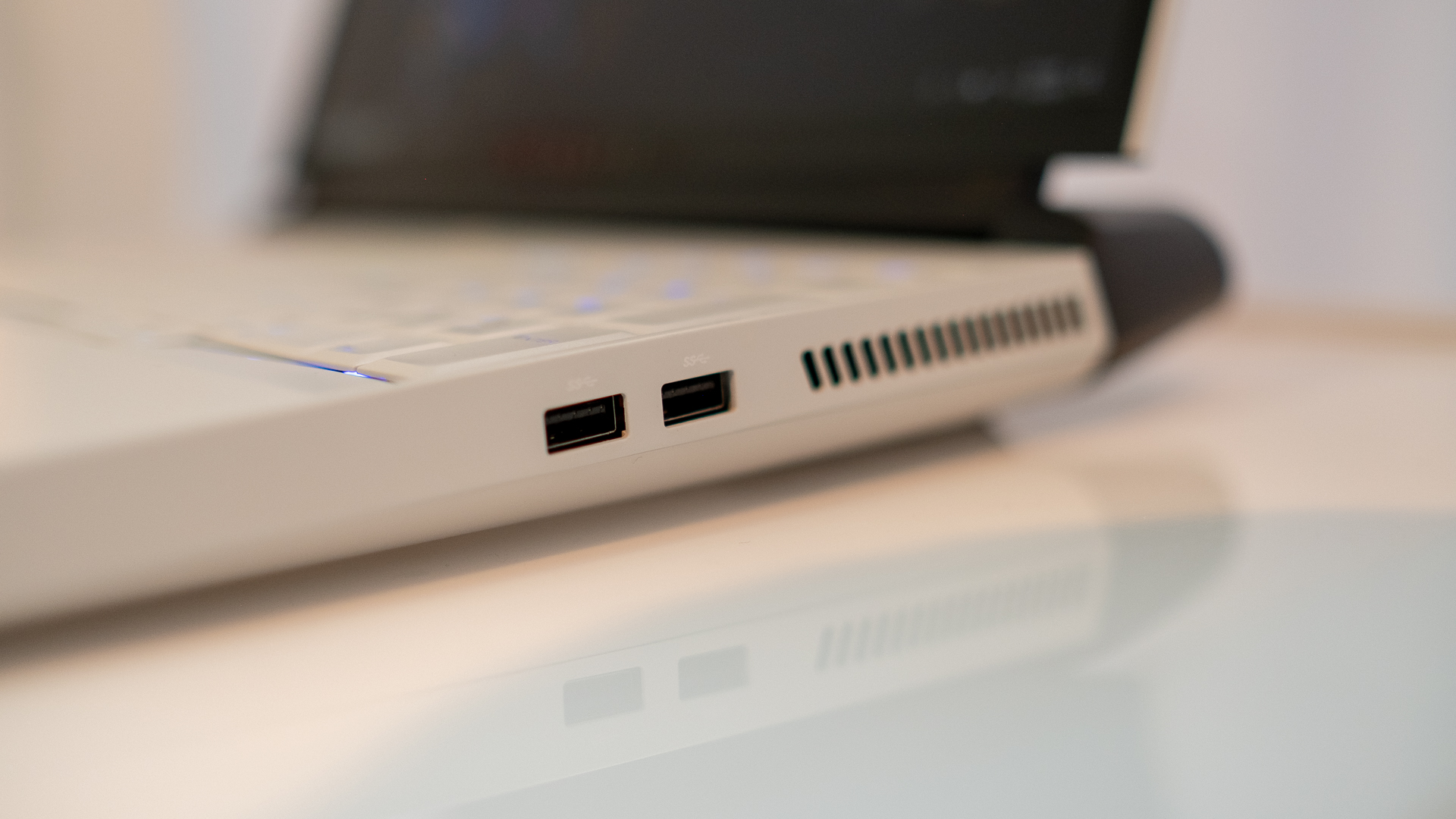Nvidia RTX 2060 underperforms in laptops, report claims
Falls well short of its desktop GPU equivalent in performance terms

A new report claims that Nvidia’s GeForce RTX 2060 mobile GPU is a poor value proposition for laptop gamers, and that of all the RTX mobile offerings, it’s considerably more off the mark compared to its desktop variant.
This conclusion is drawn by Notebookcheck.net, which benchmarked the RTX 2080, 2070 and 2060 mobile graphics solutions in 3DMark, comparing them to their respective full-fat desktop graphics card versions.
- Which GeForce GTX 1660 Ti is best for your PC?
- Or what about one of AMD’s new graphics cards?
- Check out the best gaming laptops of 2019
Going by the 3DMark scores presented – Time Spy Graphics results at 2,560 x 1,440, and Fire Strike at 1,920 x 1,080 resolution – the RTX 2080 mobile GPU was between 8% to 10% slower than its desktop version, with the difference being a more pronounced 14% to 18% with the RTX 2070.
However, the real eye-opener was the RTX 2060 mobile which was 20% to 25% slower than its desktop counterpart.
The problem here being that when a consumer sees the identical names ‘RTX 2060’ for both desktop and mobile GPUs, they could consider them to be essentially the same product, with roughly the same performance levels.
Now, this wasn’t such a big issue with the previous-gen Pascal GTX 1080, 1070 and 1060 cards, because the mobile GPUs carrying the same name came pretty close to desktop performance.
However, given that the RTX 2060 mobile is up to a quarter slower than the desktop graphics card of the same name, matters seem rather more problematic in terms of potentially misleading buyers as to the power levels they are getting in their gaming notebook.
Get daily insight, inspiration and deals in your inbox
Sign up for breaking news, reviews, opinion, top tech deals, and more.
M is for… Misleading?
Don’t forget that Nvidia used to add an ‘M’ suffix to mobile GPUs to indicate a laptop-based part and inferior performance therein, but that move was ditched with the Pascal series as mentioned – although if Turing has taken a step back in terms of relative performance to desktop models, it hardly seems fair to maintain the lack of any distinction.
That said, there’s nothing new in the debate over Nvidia’s naming scheme with RTX mobile GPUs considering the performance they actually deliver relative to desktop versions – this is something some folks have been banging on about being unfairly confusing since the RTX laptop solutions were first launched.
However, Notebookcheck.net is underlining a particular issue with the disparity in the RTX 2060 here, and moreover, the fact that it’s a poor value proposition within the Turing range given that the GTX 1660 Ti mobile comes very close to the same performance.
The GTX 1660 Ti mobile GPU is only roughly a few percentage points slower (well, close to 4% in one case – but that’s still very close) than the RTX 2060 in terms of raw performance, going by these benchmarks, and it’s a good deal cheaper to buy a notebook with one of the former.
Granted, you don’t get the RTX benefits of ray tracing (or DLSS), but realistically, how important will ray tracing be in a gaming laptop using one of these cards anyway? Not very, given that ray tracing is taxing enough on a desktop gaming rig, let alone a portable which doesn’t run with a higher-end GPU.
Don’t get us wrong – this doesn’t mean the RTX 2060 is a poor mobile GPU full-stop, but rather that it isn’t up to scratch relative to the other laptop graphics solutions in Nvidia’s latest line-up. And perhaps more to the point, that calling it the RTX 2060 without making a distinction between the power levels delivered by the laptop part and the desktop graphics card is even more out of line.
We’ve reached out to Nvidia for a comment on these findings, and will update this story with any response.
- These are the best graphics cards you can buy in 2019
Darren is a freelancer writing news and features for TechRadar (and occasionally T3) across a broad range of computing topics including CPUs, GPUs, various other hardware, VPNs, antivirus and more. He has written about tech for the best part of three decades, and writes books in his spare time (his debut novel - 'I Know What You Did Last Supper' - was published by Hachette UK in 2013).